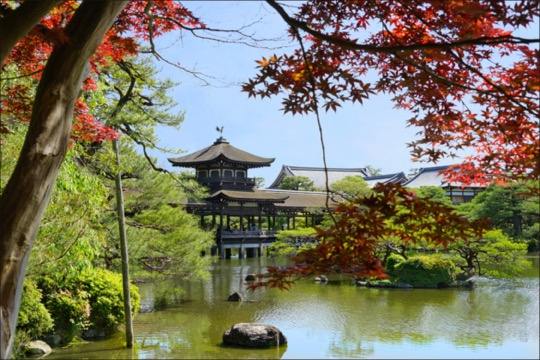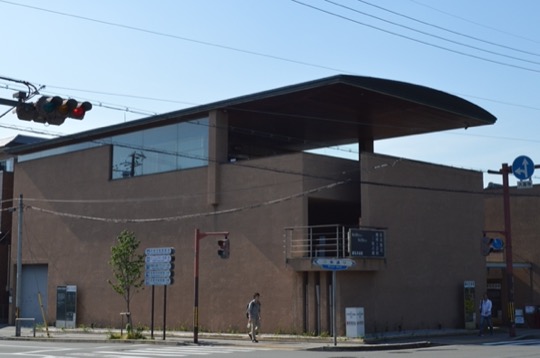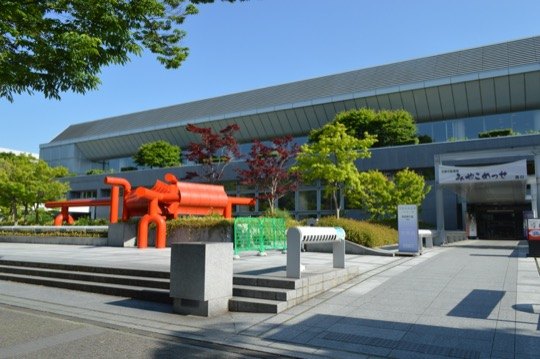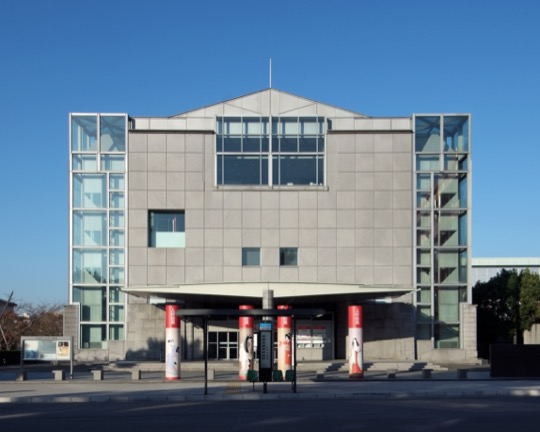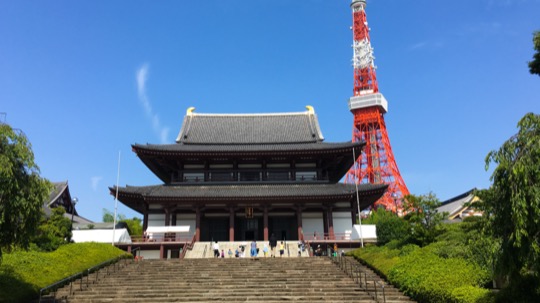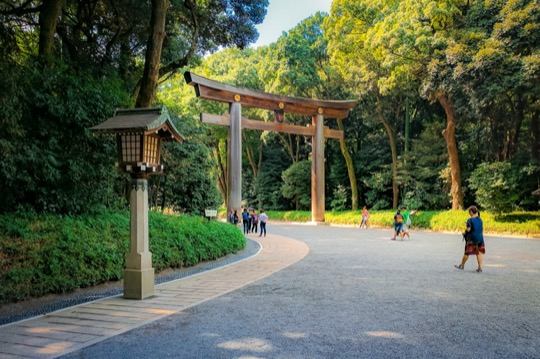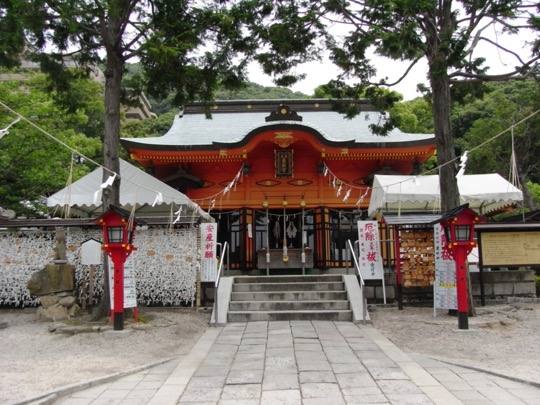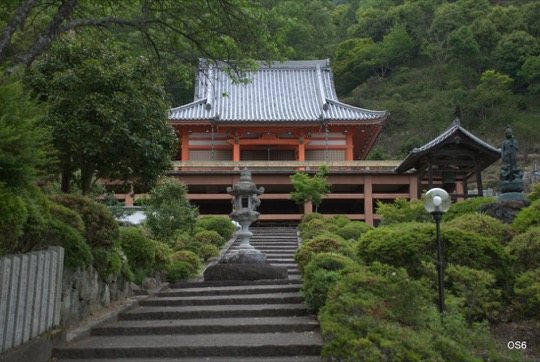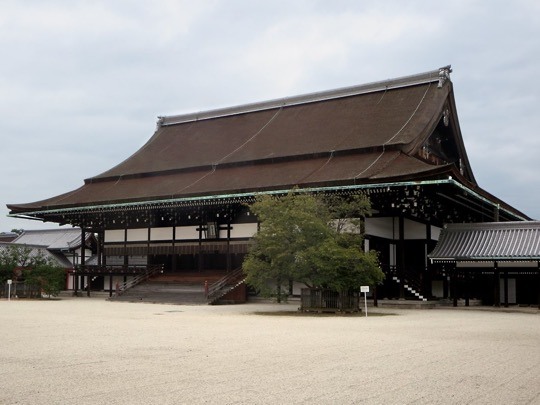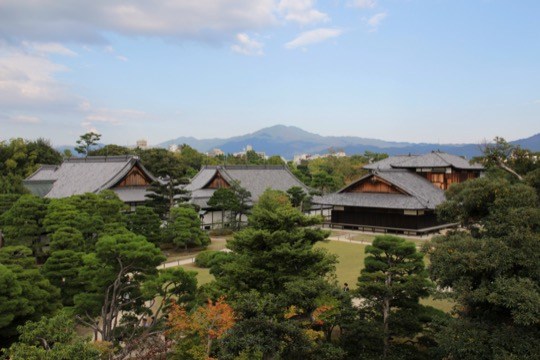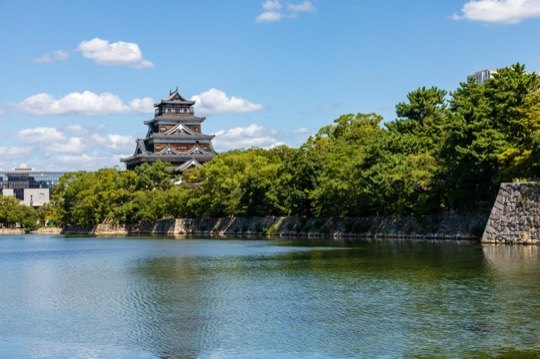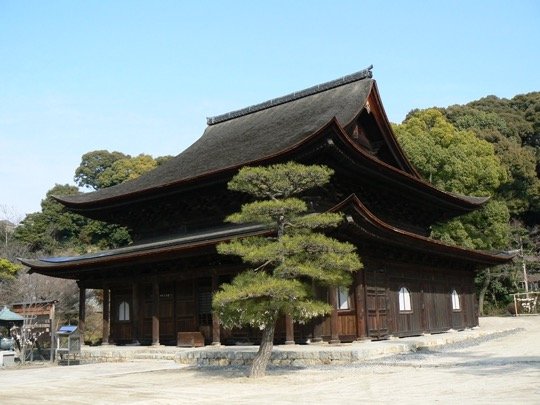Heian Jingu Shrine
A cultural beacon honoring Kyoto’s imperial legacy and Heian period architecture.
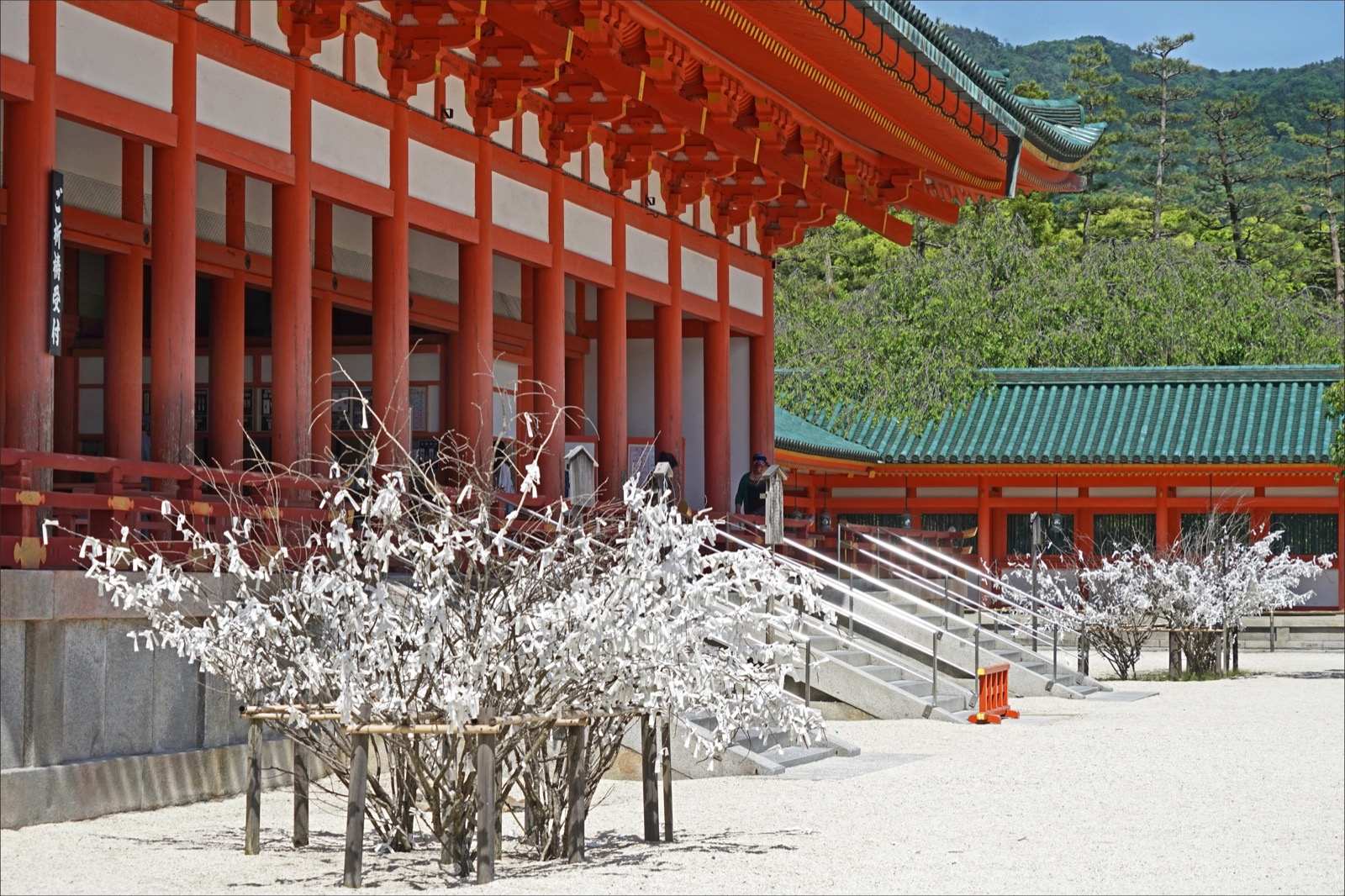
On This Page
A sanctuary of historical significance, Heian Jingu Shrine is a monument to Kyoto’s imperial past. Established in 1895, the shrine commemorates the 1100th anniversary of Kyoto’s role as the imperial capital. It enshrines Emperor Kanmu, who initiated the city’s establishment, and Emperor Komei, the last to reign from Kyoto, recognizing their historical impact. Designed to evoke the Heian period, the shrine’s architecture and gardens draw visitors to appreciate its historical context and cultural events.
Heian Jingu Shrine, located in Kyoto’s Okazaki district, connects visitors with Japan’s Heian period (794-1185). The shrine was built on the 1100th anniversary of the capital’s relocation to Heian-kyo, the city that evolved into modern Kyoto. It venerates Emperor Kanmu, the mover behind the capital’s relocation, and Emperor Komei, who reigned until the capital moved to Tokyo. Due to land constraints, the shrine was built to a 5/8 scale replica of the Heian Palace.
Architecture enthusiasts admire the shrine’s replication of the Heian-kyo imperial palace. The Daigokuden and the Otenmon Gate, notable features of the shrine, are important cultural assets. A striking red torii gate, a significant cultural property, marks the entrance to the site.
In 1976 arson destroyed several buildings including the main hall. The nation’s contributions facilitated reconstruction by 1979, reflecting the shrine’s importance in Japanese culture. The Heian Shrine Garden, developed over time by the Ogawa family, is a designated Place of Scenic Beauty, offering visitors a tranquil setting.
Heian Jingu is a venue for various annual festivals and ceremonies, such as Setsubun and tea ceremonies, with the Jidai Matsuri on October 22nd being an important event that honors Kyoto’s history.
The shrine area includes Okazaki Park, a cultural zone with art institutions and a zoo. Visitors can explore Heian Jingu, participate in cultural practices, and enjoy the garden’s seasonal splendor.
Planning Your Japan Trip?
Is a JR Pass Worth It For Your Route?
Honest Answer in 60 Seconds
A JR Pass doesn't always save you money (and for many routes, it's just extra hassle). Our free calculator works out the real numbers for your planned route, so you can decide for yourself.
Getting There the easiest way to reach Heian Jingu Shrine
Around Heian Jingu Shrine
Nearby in Kyoto the best attractions close to Heian Jingu Shrine
Kyoto Museum of Crafts and Design
A showcase of Kyoto’s traditional craftsmanship
National Museum of Modern Art, Kyoto
A hub of modern and traditional art in Kyoto established in 1963
